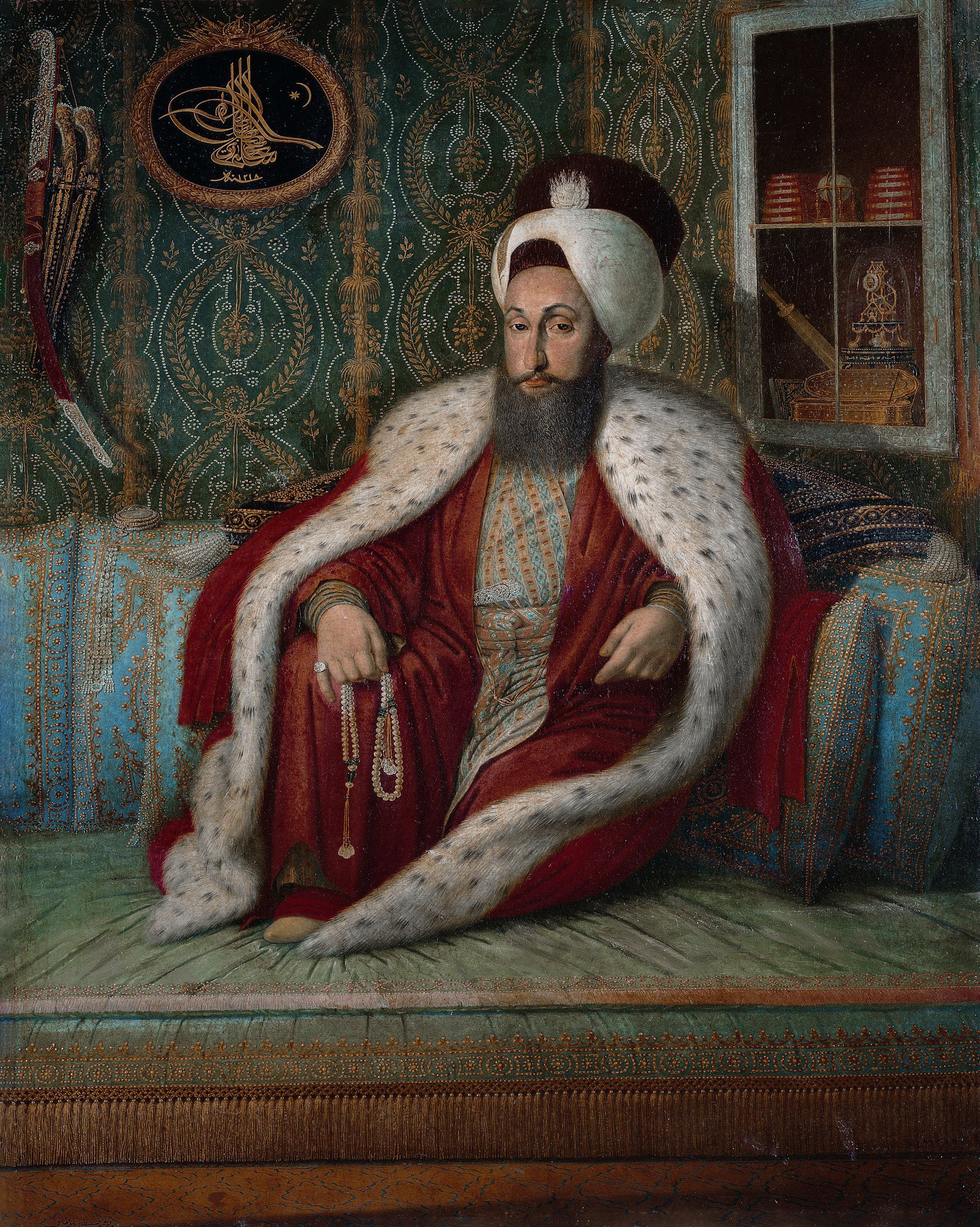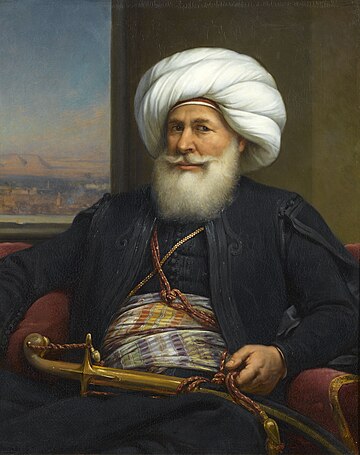I wrote a little piece for your timeline, Glen -- your choice if you wanna use it or not.
Presidential Elections of the USA:
[FONT="]1789: George Washington/John Adams (I).[/FONT]
[FONT="]The election of 1789 occurred before political parties. General George Washington of Virginia, and his running mate, John Adams of Massachusetts, were elected President and Vice President with virtually no opposition.[/FONT]
[FONT="]1792: George Washington/John Adams (I).[/FONT]
[FONT="]Although some semblance of partisan structure was beginning to emerge by 1792, the presidential election was still nonpartisan, and Washington/Adams were reelected.[/FONT]
[FONT="]1796: John Adams/John Jay (F) vs. Thomas Jefferson/Aaron Burr (D-R).[/FONT]
[FONT="]The election of 1796 was the first truly competitive election, with the Federalists nominating John Adams of Massachusetts for President, and John Jay, of New York, for Vice President. The Democratic-Republicans nominated Thomas Jefferson and Aaron Burr. However, since Adams and Jay technically tied, the election went to the House, where Jay dropped out, making Adams President. Nevertheless, this incident resulted in the Constitutional Amendment modernizing the election system.[/FONT]
[FONT="]1800: John Adams/John Jay (F) vs. Thomas Jefferson/Aaron Burr (D-R).[/FONT]
[FONT="]A rematch of 1796, the election of 1800 resulted in Adams winning reelection over Jefferson.[/FONT]
[FONT="]1804: Thomas Jefferson/George Clinton (D-R) vs. Aaron Burr/James Wilkinson (F).[/FONT]
[FONT="]After a vicious battle for the Democratic-Republican nomination between twice-nominee Thomas Jefferson and Aaron Burr, Jefferson wins, and selects George Clinton his running mate. Burr switches parties and gets the Federalist nomination, making General James Wilkinson of Kentucky his running mate. Jefferson wins the election.[/FONT]
[FONT="]1808: Thomas Jefferson/George Clinton (D-R) vs. Alexander Hamilton/Oliver Wolcott, Jr. (F).[/FONT]
[FONT="]The popular Jefferson was easily reelected in 1808, when the Federalists nominated his former ally, Alexander Hamilton (who’d supported Jefferson in 1804!) of New York for President and Oliver Wolcott of Connecticut for Vice President. The Federalist Party would not recover from its poor performance in the late 1800s until the 1820s.[/FONT]
[FONT="]1811: George Clinton dies. There is some speculation over what happens now to the office of Vice President, but Jefferson, a strict constitutionalist, insists that it remain vacant, and it does. This begins a precedent.[/FONT]
[FONT="]1812: James Madison/Elbridge Gerry (D-R) vs. Rufus King/Jared Ingersoll (F).[/FONT]
[FONT="]James Madison of Virginia and Elbridge Gerry of Massachusetts were the Democratic-Republican nominees in 1812. They were elected easily over the Federalist ticket of Rufus King of New York for President and Jared Ingersoll of Pennsylvania for Vice President.[/FONT]
[FONT="]1814: Elbridge Gerry dies. The position remains vacant.[/FONT]
[FONT="]1816: James Madison/DeWitt Clinton (D-R) vs. John Eagar Howard/James Ross (F).[/FONT]
[FONT="]With the death of Elbridge Gerry, Madison selects DeWitt Clinton, a relative of the late George Clinton, to be Vice President; Clinton’s group of New Yorkers were in limbo between the Democratic-Republicans and the Federalists, and Madison wanted to ensure they remained good Democratic-Republicans. The Federalists nominated John Eagar Howard of Maryland for President and James Ross of Pennsylvania for Vice President. Although a strong, experienced ticket, they were defeated in a landslide.[/FONT]
[FONT="]1820: John Quincy Adams/Richard Stockton (F) vs. DeWitt Clinton/William Plumer (D-R).[/FONT]
[FONT="]The Federalists bounced back rather suddenly in 1820 with the election of John Quincy Adams of Massachusetts (the son of the former president) and Richard Stockton of New Jersey President and Vice President, respectively. The Democratic-Republican ticket of DeWitt Clinton of New York and William Plumer of New Hampshire were defeated in the first D-R defeat since 1800.[/FONT]
[FONT="]1824: John Quincy Adams/Richard Stockton (F) vs. James Monroe/Daniel Tompkins (D-R).[/FONT]
[FONT="]The popular incumbents, Adams and Stockton, defeated their rivals, James Monroe of Virginia and Daniel Tompkins of New York, the Democratic-Republican nominees.[/FONT]
[FONT="]1828: Richard Stockton dies. The position remains vacant.[/FONT]
[FONT="]1828: John Andrew Shulze/Nathan Sanford (D-R) vs. Daniel Rodney/Richard Rush (F).[/FONT]
[FONT="]The Democratic-Republican ticket of John Shulze of Pennsylvania and Nathan Sanford of New York triumphed, defeating the Federalist ticket of Daniel Rodney of Delaware and Richard Rush of Pennsylvania. Shulze and Sanford were moderates, whilst Rodney and Rush were strong Federalists, and by the end of the campaign there was a sense that perhaps Shulze was the better candidate to continue Adams’ legacy.[/FONT]
[FONT="]1832: John Andrew Shulze/Nathan Sanford (D-R) vs. Richard Rush/William Wirt (F).[/FONT]
[FONT="]The popular Democratic-Republican incumbents Shulze and Sanford were easily reelected, defeating their Federalist opponents Richard Rush of Pennsylvania and William Wirt of Maryland.[/FONT]
[FONT="]1836: Peter Buell Porter/John Tyler (F) vs. Nathan Sanford/William Cabell Rives (D-R).[/FONT]
[FONT="]After the battle for the Federalist nomination deadlocked between four candidates (with two more minor ones), the party reached a compromise all could agree on: the former Secretary of War in the Adams government, Peter Buell Porter. Hoping to win the Democratic-Republican bastion of Virginia, Porter chose local Federalist Senator John Tyler as his running mate. The Democratic-Republicans did not have such a battle: Vice President Nathan Sanford was nominated without a fight, and experienced, prominent Virginia Senator William Cabell Rives became his running mate. Ultimately, Porter very, very narrowly defeated Sanford, and was inaugurated.
[/FONT]
[FONT="][/FONT]



